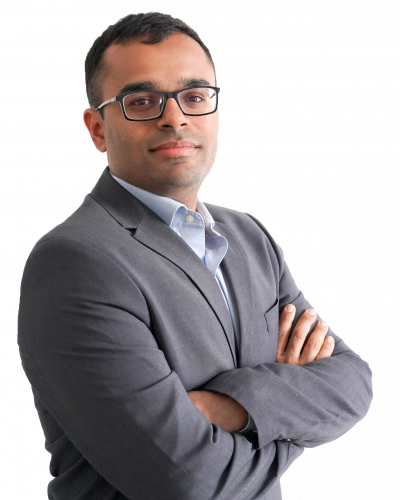
Pratik Suchde
I am a research Mathematician and Engineer, and a Marie Curie fellow at the University of Luxembourg. My research focuses on the intersection of academic numerical analysis and scientific computing with industrial numerical simulations.
Research Interests
- Adaptive Modelling
As simulations are being applied to more and more complex applications, conventional simulations methods tend to become very expensive (in terms of both resources and time required) to accurately model the physical phenomenon on interest. A key idea to fix this is to adaptively choose how detailed the mathematical and computational models need to be. This involves changing the amount of detail used during a simulation, by adapting it in both space and time.A key area of my research focus is to develop adaptive methods to solve this issue. My work in this direction can be classified into two directions:
> H-adaptivity : This involves adaptively changing the mesh(or meshfree) resolution using error indicators and estimators.
> Model adaptivity : This involves adaptively changing the governing equations and boundary conditions. For this, we use two different computational models to model the same material, and adaptively choose where to apply which model in space and time. They key goal here is to couple the two models, and transition between them, without any a-priori information about which model to use where.
We are currently using idea to combine thin film flow and bulk flow models.
- Meshfree and Particle Methods
Meshfree and particle-based methods have been shown to be a very useful alternative to conventional mesh-based methods when the computational domain undergoes large deformations and displacements. These methods becomes especially relevant in the presence of free surfaces and moving interfaces.A key portion of my research focuses on the development of meshfree and particle methods, understanding and trying to overcome their drawbacks. My work in meshfree methods includes:
> Conservation in meshfree methods
> Point cloud generation for domain discretization
> Adaptive mesh(free) refinement
> From CAD to Point Clouds
> Meshfree Generalized Finite Difference Methods (GFDM)
> Meshfree methods for surface PDEs
- Computational Fluid Dynamics
CFD has been shown to be a very useful tool in understanding various transport phenomena in both science and industry.
My work focuses on free surface liquid flows, with a special emphasis on industry relevant flow problems. My work covers:> Thin film flow
> Phase change using one-fluid models for both thin film and bulk flow
> Multi-phase flow
> Water management in the automotive industry
- Scientific Visualization
In the context of visualizing simulation results, the topics of visualization and simulations have traditionally been decoupled. The visualization community often takes the simulations for granted, while the engineers and mathematicians developing simulation frameworks often take the visualization for granted. I am very interested in trying to bridge this gap by developing improved methods to visualize our simulations. This can help in dissemination within the scientific community, and to the broader public.
- Computational Archaeology
The computational sciences have been successfully applied to a variety of fields in the pure and natural sciences, with a high degree of success. My current work involves extending this to the field of archaeology. My work focuses on the development of a pipeline to go from scans to simulations. Here, “scans” refers to LiDAR scans of archaeological sites, which are then processed, decimated, and made simulation-ready
Recent / Upcoming Events
Talk at ADMOS 202319-21 June 2023Gothenburg, Sweden[Conference website]Talk at USNCCM 202323-27 July 2023Albuquerque, New Mexico[Conference website]Talk at PARTICLES 20239 -11 October, 2023Milan, Italy[Conference website]Talk at Max Planck Institute MPI-CSBD
8 December, 2023
Dresden, Germany




